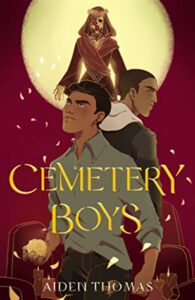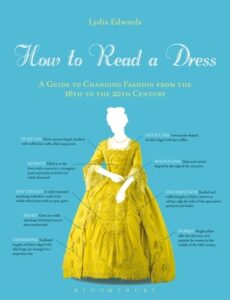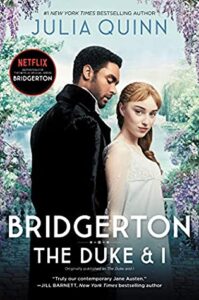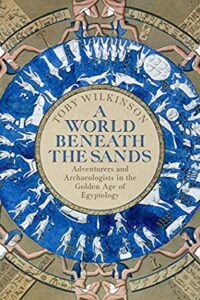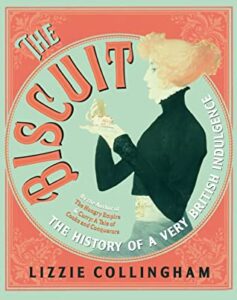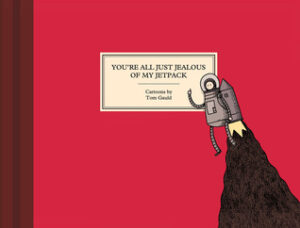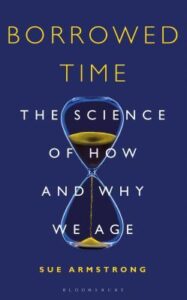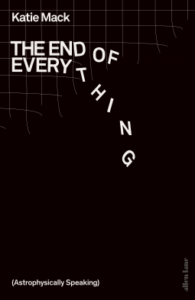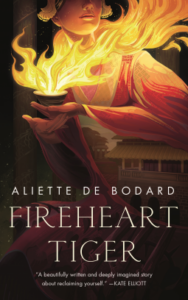 Fireheart Tiger, Aliette de Bodard
Fireheart Tiger, Aliette de Bodard
Received to review via Netgalley
This is blurbed as The Goblin Emperor meets Howl’s Moving Castle… and it’s really not like either of those, to my mind, so I really wouldn’t recommend it as such. There’s a touch of politics, yes, but Thanh isn’t much like Maia and nor is her position very similar except in that they’re both in a precarious position in a court (though Maia’s risks feel quite different to Thanh’s)… though now, a few weeks after reading the story, I suppose I do recognise Maia’s road to taking control of some of his power echoed in Thanh’s story. It might be more alike than it seemed on the surface, now it’s settled.
When it comes to its other big comparison point, for me it lacks the humour of Howl’s Moving Castle. It is also obviously completely devoid of any Welsh influence, and is not aimed at the same age group. It shares one central plot element, sort of. I’m a little confused about these comparisons, to be honest; I always suck at comparing books to one another, but I still don’t see the comparison here.
In any case, it’s a queer story set in a Vietnamese-influenced court. Thanh is a princess, but she’s most definitely a spare: originally sent away as a hostage, now returned and asked to negotiate with those who previously held her hostage. She has two main memories of her time at the other court: her affair with another princess, and a massive fire that overtook the palace and nearly left her stranded.
Both of these things are, obviously, relevant.
I found the way the plot played out fairly obvious; as a novella, it paints in pretty broad strokes. There are some hints of nuance in Thanh’s mother’s characterisation and motivations, which helps, but mostly it’s fairly straight-forward and works out the way I expected. (I’m very surprised by people who don’t recognise the abusive relationship for what it is, though, and think that’s intended to be the romance — so maybe it’s more subtle than I thought and I just trust Aliette de Bodard a bit too much!) For a story of this length, I don’t usually expect to be surprised, though, and I did very much enjoy the queer relationships and the glimpses of a different kind of court life and attitude to that more familiar to me from history and Western-inspired fantasy.
In the end, it didn’t blow me away as much as I’d hoped or expected — which is partly, I think, due to those comparisons to two books that mean a lot to me. It was enjoyable to read, but not like The Goblin Emperor in the ways I hoped for, and even less like Howl’s Moving Castle. We all take different things away from stories, and it’s clear that my version of The Goblin Emperor and Howl’s Moving Castle don’t overlap with the understanding of them taken away by those who made these comparisons. It’s worth keeping that caution in mind when comparison titles make something sound like it’s going to be completely up your alley, I guess!


